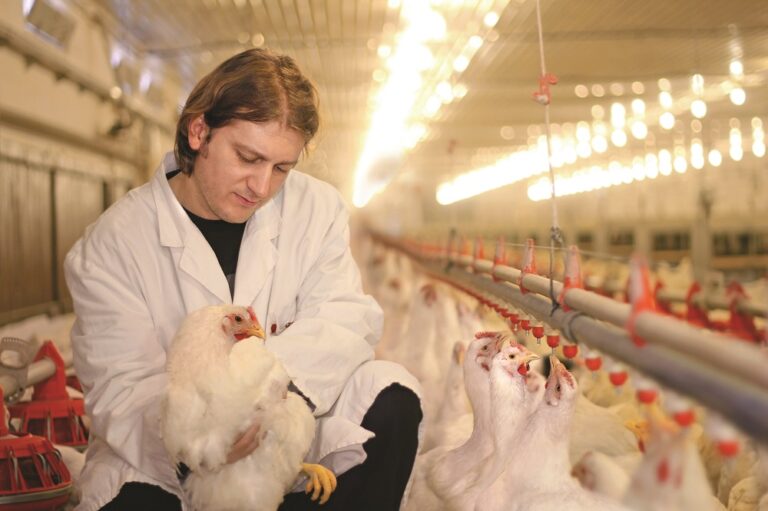The number of new EU workers registering to come to Britain has fallen two thirds in the past two years, raising concerns about shortages in the food industry’s workforce.
The British Veterinary Association (BVA) said the fall would have a wide range of direct and knock-on impacts across the sector, especially in areas such as international trade and public health.
Data released by the Royal College of Veterinary Surgeons (RCVS) reveal that the annual number of registrants coming to work in the UK fell by 68% from 1,132 in 2019 to just 364 in 2021. BVA, which is the UK’s largest membership body for vets, said this drop can be attributed in part to the end of free movement and the impacts of the pandemic.
Separate statistics demonstrate how demand for veterinary certification of animal products for export to the EU has rocketed in the face of new post-Brexit requirements. Data from the UK’s Animal and Plant Health Agency (APHA) suggest that applications for food-related export health certificates (products of animal origin and livestock) increased by 1255% from 2020 (22,990 in total) to the end of 2021 (288,558).
James Russell, BVA Senior Vice President, said: “The nosedive in EU registrants since Brexit coupled with soaring demand for veterinary certification is creating a storm of shortages in the profession. It’s absolutely critical that vets get as much support as possible to keep on top of workloads and navigate continued challenges ahead.
“We know that the Government is alive to the situation, and measures such as more vet school places and better digitisation of the certification process will help to relieve some pressures in the long term. Vets are working incredibly hard but it’s an uphill struggle to comfortably cover all the work currently required. Moving some vets around to plug the gaps is just robbing Peter to pay Paul, as it can lead to issues with backfilling roles in other areas which desperately need to keep staffing levels up, such as large animal work.
“The potential consequences are worrying. If we can’t find long-term solutions to veterinary workforce shortages we will see impacts on animal welfare, public health, and international trade.”


